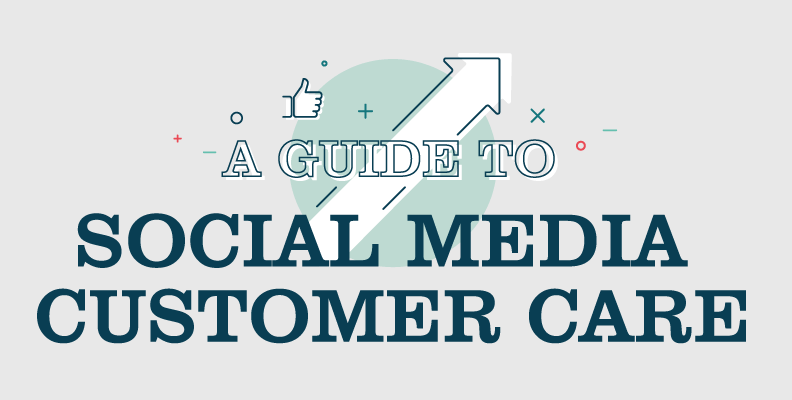Business Loan or Business Line of Credit: Which is Right for Your Business
Running and growing your business requires access to capital. In ideal circumstances, you will have enough working capital to manage expenses — both expected unexpected. Unfortunately, reality can be far from ideal, and in many cases, business owners must consider borrowing funds to cover their expenses.
There are a number of financing options available to small business owners, but two of the most popular are business loans, also known as term loans, and business lines of credit. However, while both of these options will result in access to working capital, there are significant differences between the two, the likes of which may make one more suited for your needs.
What is a Business Loan
A business loan is a single, lump sum of money that is borrowed for a specified period of time, also known as a term. If approved for this lending option, you can typically expect a fixed interest rate and fixed monthly payments for the life of the loan.
In addition to interest, a business loan may also include additional expenses such as origination fees or processing fees. These are typically factored in as a small percentage of the loan. For example, origination fees typically range from 0 – 6%.
It’s important to note that there are numerous types of business loans, including short-term loans, which are frequently repaid over the course of 12 months or less, as well as long-term loans, which typically carry repayment terms of three to 10 years. There are even options that extend the past 10 years, particularly when the loan is to be used to build or purchase real estate.
When a Business Loan may be the Best Option
Business loans are often the preferred method of financing when making a large purchase. For example, a business owner who is planning to make major renovations or build a new location would likely consider a business loan over a business line of credit.
One reason for this is the nature of repayment. Large purchases are often easier to tackle over a longer period of time, and a business loan may be able to accommodate that, whether it’s 18 months or 25 years.
Similarly, because business loans typically carry a fixed interest rate, they offer predictability over the course of the loan, and this can act as a guard against a fluctuating prime rate. This same logic may be applied to borrowers who are looking for a financing option that allows for easy and precise budgeting, as payment remain the same for the life of the loan and there is a definitive end date.
Finally, some borrowers simply choose to limit their access to funds and view a line of credit as unnecessary temptation. With a business loan, you’ll only be able to access the funds as they were initially issued; you can’t take out more unless you apply for another loan.
Business Line of Credit
A business line of credit is considered revolving debt and as such operate in a manner similar to a credit card. Instead of receiving a lump sum, as is the case with a business loan, you’ll be able to draw from your line of credit as needed. You can use as much or as little as you’d like as often as you’d like as long as you stay below your credit limit.
With a business line of credit, you’re only required to make payment on the total amount borrowed, plus interest. Business lines of credit typically carry variable interest rates, which mean they can fluctuate over the course of the loan. As such, payments can change from month to month.
A business line of credit, like a loan, is also subject to fees, including origination fees and in some cases draw fees, which are charged each time you take out funds.
While terms can vary from lender to lender, lines of credit are typically considered a short-term financing option with terms of 12 months or less.
When a Business Line of Credit May be the Best Option
A business line of credit represents a flexible financing option that can adapt to evolving needs. For that reason, they are often the ideal option for businesses owners who experience seasonality shifts. This includes cash flow issues that may arise due to a decline in traffic and sales.
However, it also may accommodate seasonal staffing needs. In this case, you may not have the necessary capital to hire new team members but you need them for the upcoming busy season. Once the season starts, you can quickly repay the line of credit with the increased revenue.
Ultimately, a business line of credit may be used to help you finance short-term deficits that would otherwise impede operations. This includes making payroll, purchasing inventory and keeping the lights on.
Still, business lines of credit aren’t purely operational. In some cases, a line of credit can allow you to take advantage of things like vendor discounts, inventory closeout sales or product launches. In other words, if can save money by stocking up on a certain item, and you anticipate that item to have a positive return on investment, then a line of credit may help bridge the gap between purchase and sale.
Finally, a business line of credit is often a better option if you need to access to credit over a period of several months. In this case, you can make one purchase, pay it off, and then tap into the line of credit again to fund the next major purchase.
Bottom Line
A business loan or a business line of credit can help you finance both the expected and unexpected expenses that often pop up while starting, growing or maintaining your business. Before you choose, it’s important to evaluate your needs as well as the products available to you. The best option is the one that can accommodate your long- and short-term financial needs while balancing affordability and accessibility.
By: Jennifer Lobb






